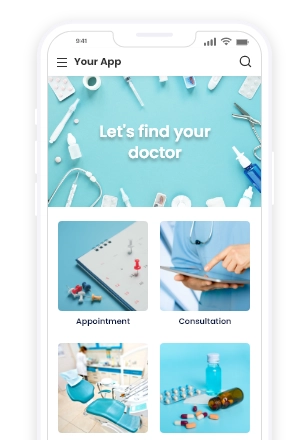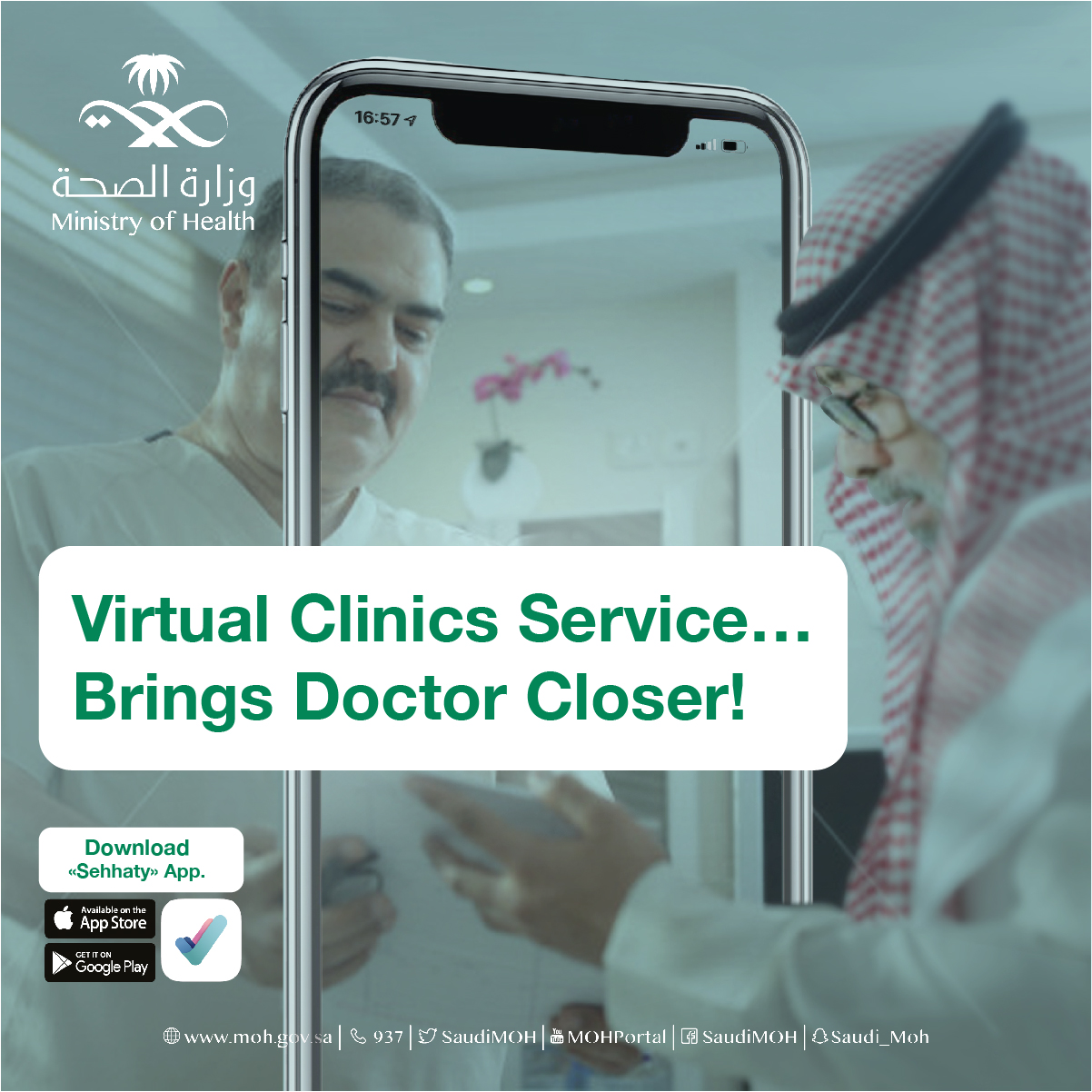Ideal Practices for Establishing a Mobile App for Clinics That Fulfills Patient Requirements
Ideal Practices for Establishing a Mobile App for Clinics That Fulfills Patient Requirements
Blog Article
Exactly How a Mobile Application Can Enhance Performance in Your Facility
By streamlining appointment organizing, boosting individual communication, and assisting in document monitoring, such an application can change everyday process. Clients benefit from convenient access to their timetables, while team can appreciate real-time updates to patient details.
Streamlined Consultation Organizing
Mobile applications enable individuals to publication, reschedule, or cancel visits at their benefit, removing the demand for telephone call and minimizing wait times. By integrating real-time availability of service providers, centers can decrease voids in the timetable, maximizing resource usage.
Moreover, automated tips sent out through the application can decrease no-show rates, guaranteeing that appointments are kept and that time is made use of successfully. The data collected with the app can likewise assist centers assess peak visit times, permitting for far better staffing decisions and boosted solution delivery.
In enhancement, a mobile app promotes a seamless connection between clients and facility personnel, enhancing interaction pertaining to consultation adjustments or vital facility updates. Generally, carrying out a mobile application for consultation scheduling not just boosts operational efficiency however also adds to a more favorable experience for both individuals and doctor.
Improved Patient Interaction
With the usage of a mobile app, clinics can significantly improve individual communication, cultivating a more appealing and transparent medical care experience. A dedicated mobile system enables facilities to streamline communication channels, enabling patients to easily access vital info concerning their treatment.
With functions such as safe and secure messaging, patients can interact directly with doctor, promoting timely responses to problems and queries. This prompt accessibility aids to relieve stress and anxiety and makes certain that patients feel sustained throughout their healthcare trip. Mobile applications can supply people with real-time updates regarding their consultations, treatment plans, and any type of changes in facility hours, therefore reducing complication and boosting general contentment.
Furthermore, the capacity to send out push notices concerning tips for drug, upcoming visits, or wellness ideas improves client engagement and adherence to therapy strategies. This aggressive approach not only cultivates a feeling of obligation among people but additionally promotes much better health and wellness results.
Efficient Record Monitoring
Reliable record monitoring is vital for clinics intending to optimize their operations and improve client care. A mobile application can significantly simplify the process of accessing and preserving patient records, making certain that doctor have timely accessibility to vital info. By digitizing documents, clinics can get rid of the inefficiencies linked with paper-based systems, such as shed papers, taxing searches, and cumbersome declaring procedures.
Mobile applications enable for real-time updates, making sure that person info is exact and constantly present. This immediacy lowers the likelihood of mistakes that can occur from obsolete documents, thus enhancing client security and treatment results. In addition, enhanced data security gauges intrinsic in mobile applications secure delicate individual info, guaranteeing conformity with laws such as HIPAA.
With very easy accessibility to digital wellness records (EHRs) via a mobile app, medical professionals can invest less time handling documents and more time concentrating on patient care. This transition to electronic document management not only enhances performance but additionally enhances the overall client experience by minimizing delay times and streamlining consultation organizing. Eventually, effective record monitoring via mobile modern technology is an essential part of a contemporary, effective center.
Enhanced Team Partnership
In today's busy health care atmosphere, improved see staff partnership is crucial for providing premium client treatment. A mobile application can work as a main hub for interaction, permitting healthcare specialists to share info and updates in real-time. This immediacy fosters a society of synergy, where registered nurses, physicians, and administrative staff can collaborate individual care better.
By using attributes such as instant messaging, shared schedules, and task management tools, clinics can simplify process and minimize the reaction time for person requests. As an example, a registered nurse can rapidly alert a doctor about a patient's change in problem, ensuring that prompt interventions are made. The capability to accessibility individual data remotely enables staff to stay educated, regardless of their location within the center.
The mobile app also allows the pop over to this site sharing of ideal methods and resources, empowering staff to gain from each other and improve their abilities (mobile app for clinics). Ultimately, boosted team collaboration not just boosts operational performance but likewise adds to a more cohesive job environment, which is necessary for preserving high standards of client treatment. By leveraging technology, centers can develop a collaborative ambience that focuses on team effort and communication among medical care experts
Data-Driven Choice Making
Harnessing data-driven choice production is essential for clinics intending to boost patient outcomes and operational performance. Mobile apps geared up with robust data analytics capabilities enable medical care specialists to gather, analyze, and analyze client information successfully. This equips centers to make informed choices based on real-time insights, leading to enhanced care distribution.

Data-driven decision production additionally facilitates proactive administration of persistent problems. By monitoring person adherence to therapy strategies and engagement degrees through mobile applications, doctor can intervene timely, potentially avoiding issues and health center readmissions.
Eventually, integrating data home analytics right into facility operations not just fosters a society of continual renovation yet likewise lines up with the growing need for individualized, patient-centric care. This calculated technique ensures that facilities are well-appointed to adapt to progressing medical care landscapes while maintaining high standards of solution.
Conclusion
The assimilation of a mobile application within a facility can lead to considerable improvements in operational effectiveness. By simplifying consultation scheduling, improving person communication, and promoting effective document administration, facilities can lower no-show prices and foster openness. Improved staff cooperation and data-driven decision-making abilities add to top quality person treatment. Eventually, the fostering of mobile technology offers as an important device in improving medical care practices, making sure that both suppliers and individuals profit from boosted service delivery.
Clients profit from convenient accessibility to their timetables, while staff can enjoy real-time updates to patient information. Mobile apps can give individuals with real-time updates regarding their appointments, treatment strategies, and any modifications in facility hours, thus lessening complication and boosting general fulfillment.

By streamlining visit organizing, boosting individual interaction, and helping with efficient record administration, clinics can decrease no-show rates and foster transparency.
Report this page